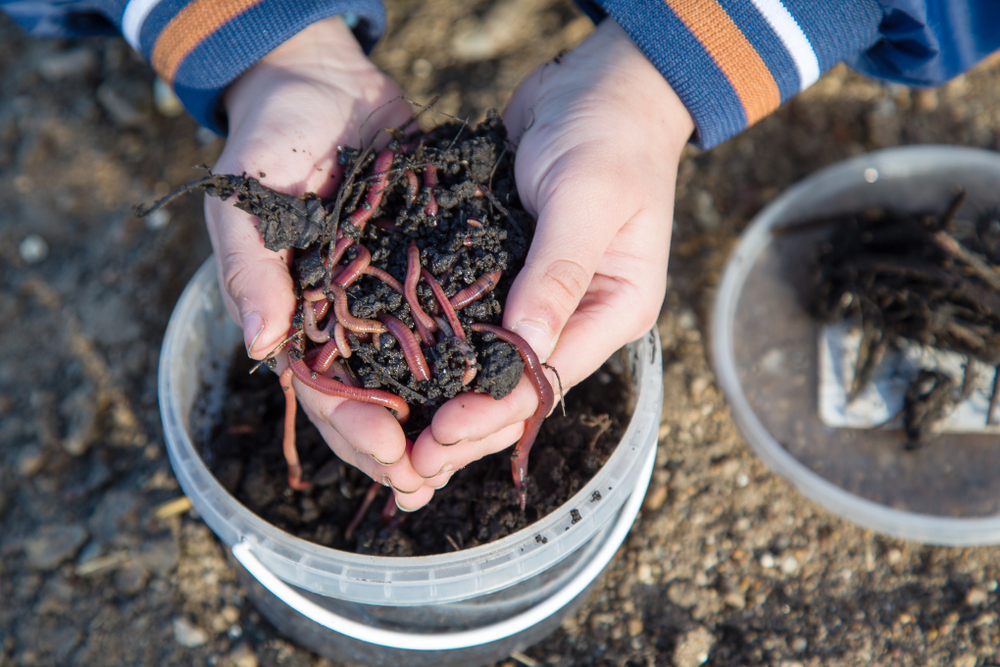
The Ultimate Guide to Starting a Worm Farming Business
Share
Worm farming, also known as vermiculture, is gaining popularity for its environmental benefits and profitability. Florida’s warm climate is perfect for maintaining worm populations, and the demand for organic fertilizers and soil enhancers is rising. With the growing interest in sustainable agriculture and gardening, there's never been a better time to start a worm farm in Florida.
Step 1: Research and Planning
Before diving into worm farming, it's crucial to do your homework. Research different types of worms that thrive in Florida’s environment, such as red wigglers and European nightcrawlers. Consider whether you want to start a small backyard farm or a larger commercial worm farm. Understanding the market demand in your area and identifying your target customers, whether they are gardeners, farmers, or fishing enthusiasts, is critical to success.
Step 2: Setting Up Your Worm Farm
Once you’ve completed your research, it’s time to set up your worm farm. For a small-scale operation, you can start with simple worm bins or raised beds. Ensure that your setup has good drainage, ventilation, and a consistent supply of organic waste, such as fruit and vegetable scraps, to feed the worms.
Those planning a commercial worm farm should consider investing in larger worm beds or a flow-through system. This setup allows for easier harvesting and higher production. Be sure to choose a location that has adequate shade and protection from extreme weather conditions.
Step 3: Sourcing Your Worms
The success of your worm farm depends on the quality and type of worms you choose. Red wigglers are the most popular choice for worm farms in Florida due to their efficiency in composting and reproducing. You can purchase your initial worm stock from local suppliers or online vendors. Make sure to start with a healthy population, as this will ensure a quicker return on investment.
Step 4: Maintaining Your Worm Farm
Maintenance is a critical part of running a successful worm farming business. Regularly check your worm bins' moisture levels, temperature, and food supply. Worms require a moist environment, but it shouldn’t be too wet, as excess moisture can lead to anaerobic conditions and harm the worms.
Feed your worms regularly with organic waste, but avoid overfeeding, as this can cause unpleasant odors and attract pests. It’s also important to monitor the pH levels in your worm beds, aiming for a neutral range of 6.5-7.5.
Step 5: Harvesting and Selling Your Products
After a few months, your worms will have converted organic waste into nutrient-rich worm castings, which are an excellent natural fertilizer. Depending on the size of your operation, you can harvest worm castings by hand or with specialized equipment.
You can sell your worm castings to local gardeners, farmers, and nurseries. Additionally, you can sell live worms for composting or fishing. If you're running a commercial worm farm, consider expanding your market by offering bulk sales to larger agricultural operations or developing branded organic fertilizers.
Step 6: Marketing Your Worm Farm Business
Effective marketing is essential for the success of your worm farm business. Promote your products using online platforms, such as social media and a dedicated website. Highlight the benefits of worm castings and organic fertilizers and emphasize the sustainability aspect of your business.
Networking with local gardening clubs, farmers’ markets, and agricultural events can also help you connect with potential customers. Consider offering workshops or demonstrations on worm farming to educate your community and generate interest in your products.
